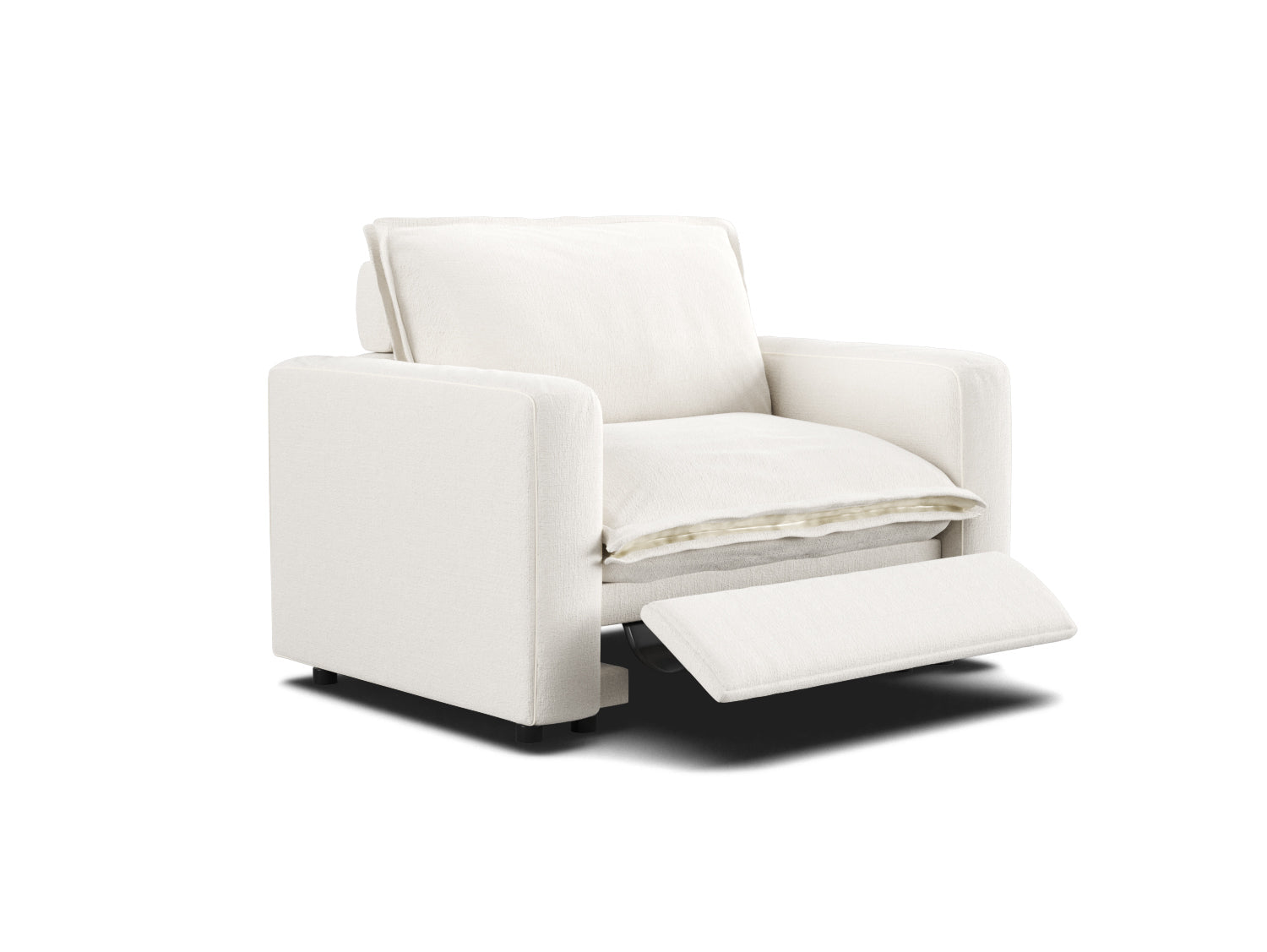How to Ensure Your Recliner Chairs Meet International Quality Requirements
Cuerpo
When it comes to manufacturing and selling recliner chairs on a global scale, it is crucial to ensure that they meet international quality requirements. This not only ensures customer satisfaction but also compliance with regulations in different countries. In this article, we will explore the key aspects of how to ensure your recliner chairs meet international quality requirements, providing you with the necessary insights to succeed in the global market.

Understanding International Quality Standards
Before delving into the specifics of ensuring your recliner chairs meet international quality requirements, it is essential to have a clear understanding of the international quality standards that apply to furniture, including seating products. These standards encompass various aspects such as materials, construction, safety, and durability. Familiarizing yourself with these standards is the first step towards ensuring compliance and meeting the expectations of global consumers.
Material Selection and Testing
One of the fundamental elements of meeting international quality requirements for recliner chairs is the careful selection of materials and rigorous testing. From the frame and upholstery to the padding and mechanisms, each component must meet the specified standards for strength, durability, and safety. For example, the use of high-quality, fire-retardant materials is often a requirement in many countries to ensure consumer safety. Additionally, conducting thorough testing, including stress and load testing, is essential to validate the performance and longevity of the materials used.
Compliance with Safety Regulations
Ensuring the safety of recliner chairs is paramount in meeting international quality requirements. This involves compliance with safety regulations related to mechanisms, moving parts, and overall stability. For instance, mechanisms such as reclining and footrest systems must undergo testing to verify their smooth operation and resistance to malfunctions. Furthermore, stability testing is crucial to prevent tipping or instability, especially when considering the diverse flooring conditions in different regions.
Quality Control and Inspection Processes
Implementing robust quality control and inspection processes is vital to guarantee that every recliner chair meets the required quality standards before reaching the market. This includes regular audits of manufacturing facilities, thorough inspections of finished products, and adherence to documented procedures. Quality control measures should encompass not only the physical attributes of the chairs but also factors such as ergonomic design, comfort, and overall user experience. By integrating these processes into your production cycle, you can consistently deliver recliner chairs that meet international quality requirements.
In conclusion, ensuring that your recliner chairs meet international quality requirements is a multifaceted endeavor that demands attention to detail, adherence to standards, and a commitment to excellence. By focusing on material selection, safety compliance, and quality control, you can position your products to meet the expectations of global consumers and thrive in the competitive furniture market.






Comentarios